Keynote Speakers
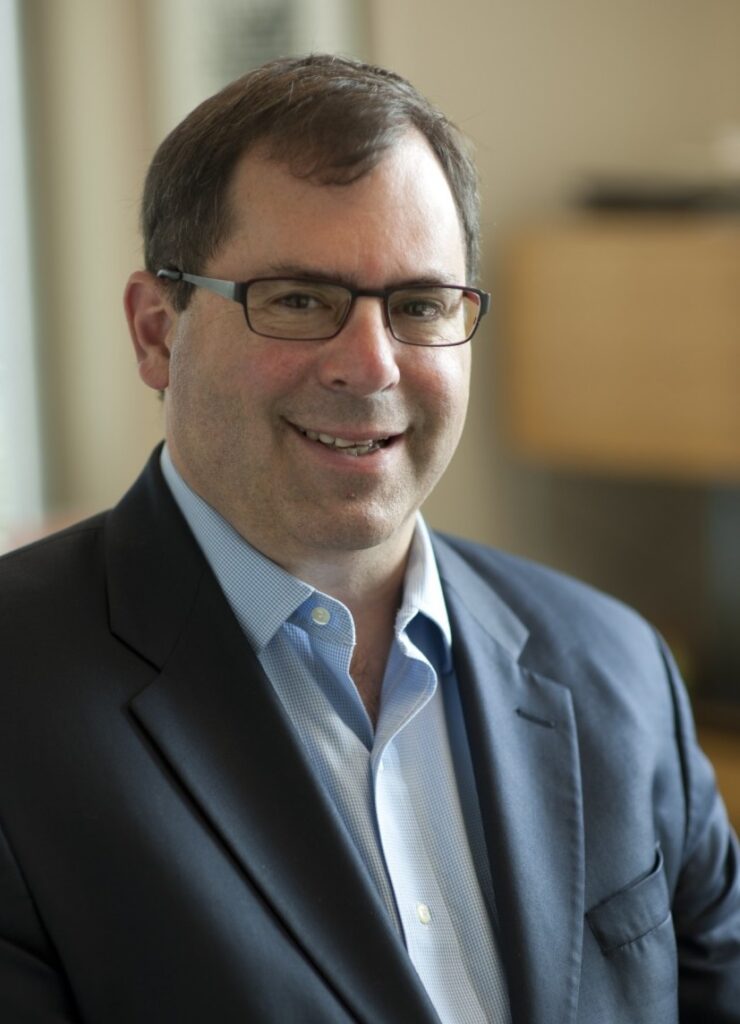
Jonathan Himmelfarb, Mount Sinai Hospital
Monday, June 10 | 6:00pm PT
Dr. Jonathan Himmelfarb is Professor of Medicine, and Co-Director of the Center for Kidney Disease Innovation at the Icahn School of Medicine at Mount Sinai. Previously he directed the Kidney Research Institute and Co-Directed the University of Washington Center for Dialysis Innovation. Dr. Himmelfarb has served on numerous study sections and grant review committees, scientific advisory boards and has held leadership positions in many national and international nephrology societies. He has been a member of the American Board of Internal Medicine Subspecialty Board on Nephrology, a Councilor of the American Society of Nephrology (ASN) and was President of the ASN in 2014-2015. He has served on expert panels for the U.S. Food and Drug Administration, Veterans Health Administration, Centers for Medicare & Medicaid Services and other organizations. Dr. Himmelfarb has served on numerous editorial boards including the Journal of the American Society of Nephrology (JASN), Clinical Journal of the American Society of Nephrology (CJASN), Kidney International, BMC Medicine, Nature reviews Nephrology, the Faculty of 1000 in Medicine, and the Faculty of 1000 in Research. His current research interests include developing a portable and wearable artificial kidney and development of a human ‘kidney-on-a-chip microphysiological systems. He is the Steering Committee Chair for the NIH funded Kidney Precision Medicine Project (KPMP.) Dr Himmelfarb has led numerous investigator-initiated clinical trials and cohort studies, as well as multicenter collaborative studies. He is the author of more than 400 peer-reviewed publications, including original research, reviews, and editorials.
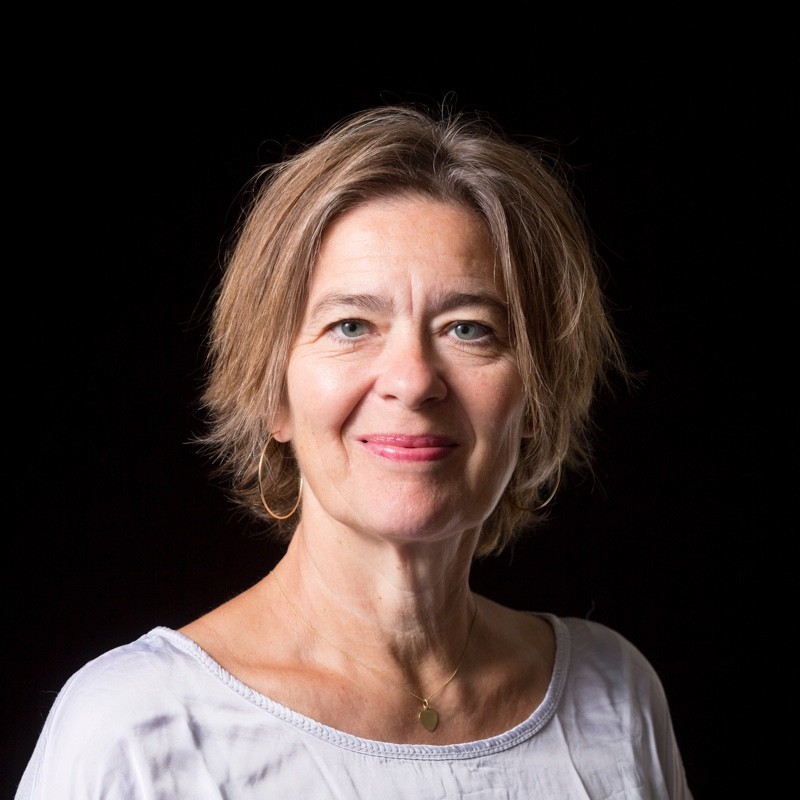
Ellen Fritsche, SCAHT/DNTOX GmbH
Tuesday, June 11 | 9:00am PT
Ellen Fritsche, MD, is a medical doctor by training and habilitated in environmental toxicology. Currently, she is the Director of the Swiss Centre for Applied Human Toxicology (SCAHT) in Basel, Switzerland, and Scientific Managing Director of the start-up company DNTOX GmbH. For the last >10 years she was a full University Professor at the Heinrich-Heine-University in Düsseldorf, Germany and working group leader of the group ‘Alternative method development for environmental toxicity testing’ at the IUF – Leibniz Research Institute for Environmental Medicine. She is one of the test method developers of the European Food Safety Authority (EFSA)/Organisation for Economic Cooperation and Development (OECD) developmental neurotoxicity (DNT) in vitro testing battery. In an international collaborative effort she facilitated the transition of DNT NAMs from the bench into regulatory application. Bridging academic science and regulation is her passion.
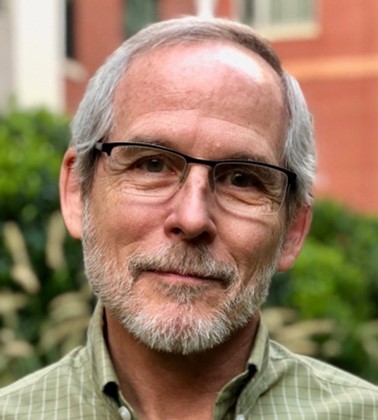
Roger Kamm, Massachusetts Institute of Technology
Wednesday, June 12 | 9:00am PT
Kamm is the Cecil and Ida Green Distinguished Professor of Biological and Mechanical Engineering at M.I.T. His research has focused on problems at the interface of biology and mechanics, formerly in cell and molecular mechanics, and in engineered living systems. Current interests are in developing MPS of healthy and diseased organ function with a focus on vascularization. Kamm is recipient of the Lissner Medal, the Nerem Medal, and the Shu Chien Award and is a fellow of the US National Academies of Medicine and Engineering. He is co-founder of AIM Biotech, a manufacturer of microfluidic systems for 3D culture.
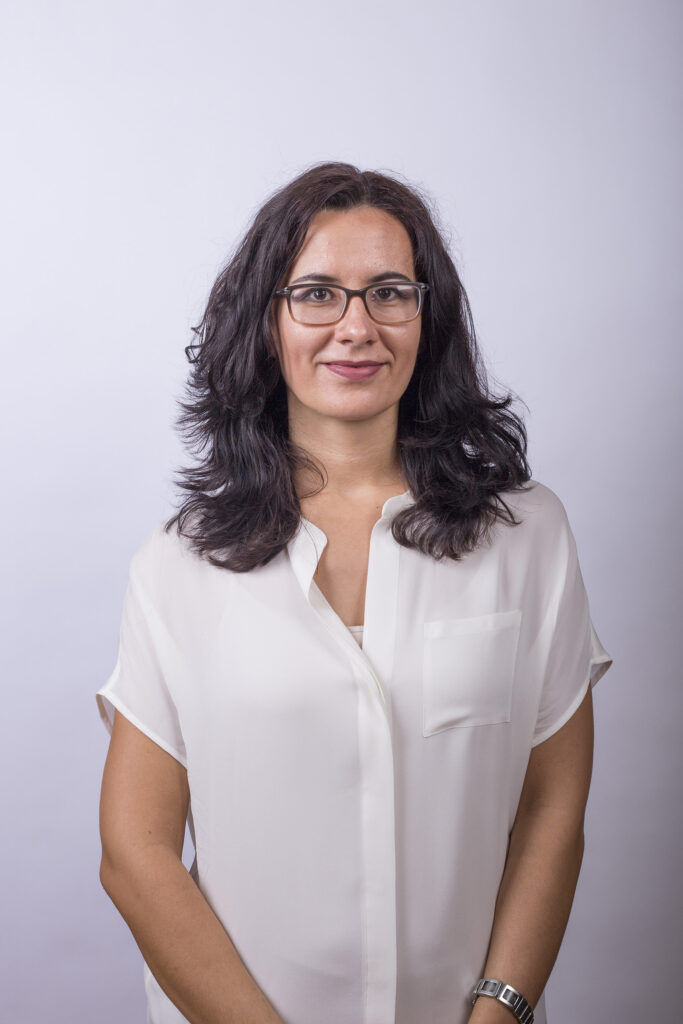
Milica Radisic, University of Toronto
Thursday, June 13 | 9:00am PT
The Radisic lab is a dynamic and friendly group of graduate students, post-docs and research associates who are working together to create transformative technologies at the interface of engineering, stem cell biology and chemistry.
- Organ-on-a-chip engineering
- Bioinspired and electroactive polymers
- Peptide modified materials for regenerative medicine
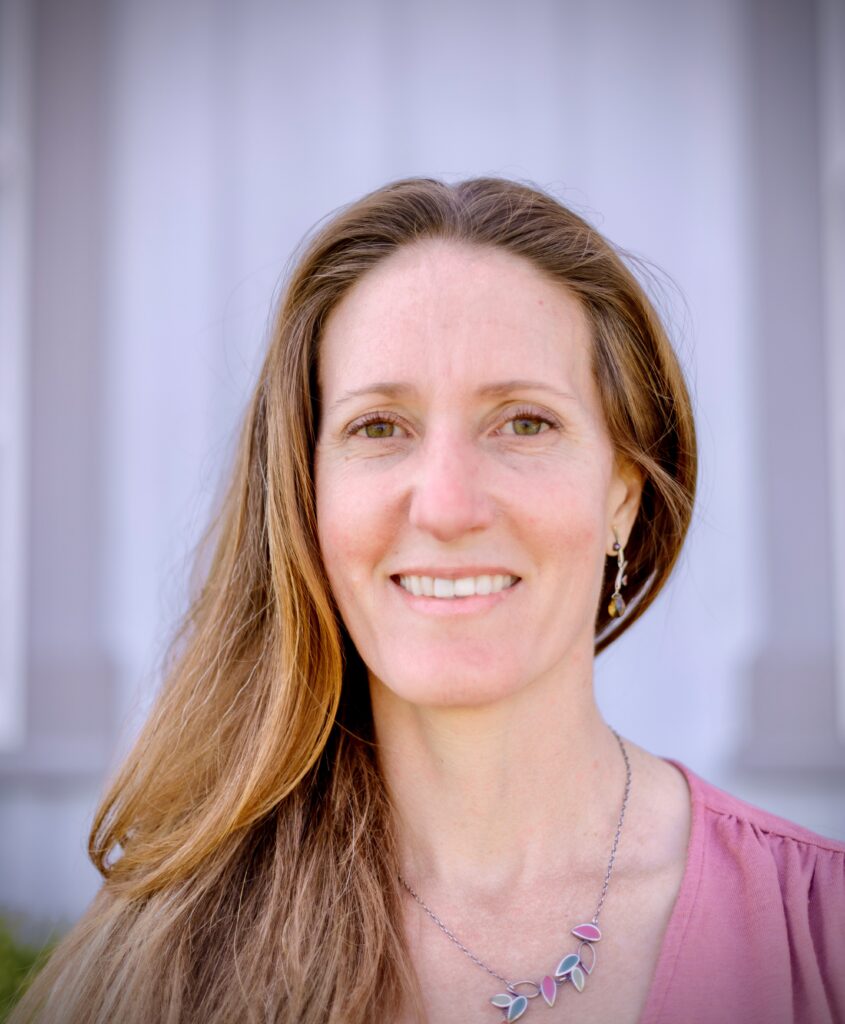
Kim Homan, Genentech, Inc.
Friday, June 14 | 2:00pm PT
Kim directs the Complex in vitro Systems lab at Genentech, a core group focused on employing new predictive tools to enhance clinical translational outcomes. She has prior experience holding key leadership positions in two biotech startups, one of which she co-founded while in graduate school at UT Austin. Prior to that, as a co-appointed postdoc at Roche and at the Wyss Institute in Harvard, Kim invented methods to bioprint human tissues and use them to model drug disposition, mode of action, and safety. Kim holds a B.S. degree in chemical engineering and Ph.D. in biomedical engineering; she is also a former United States Marine Corps officer and veteran.
Invited Speakers
Samantha Atkins, Moderna
Riccardo Barrile, University of Cincinnati
Kambez H. Benam, University of Pittsburgh
Mandy Esch, National Institute of Standards and Technology (NIST)
Linda Griffith, Massachusetts Institute of Technology
Feng Guo, Indiana University Bloomington
Rhiannon Hardwick, Bristol Myers Squibb
Kevin Healy, University of California Berkeley
Sarah Hedtrich, University of British Columbia, Berlin Institute of Health at Charité
James Hickman, Hesperos Inc.
Heather Hsu, Inipharm
Tomoki Imaoka, Daiichi Sankyo
Kerstin Kleinschmidt-Doerr, Merck
Jan Lichtenberg, InSphero
Peter Loskill, Eberhard Karls University of Tübingen
Kazushige Maki, Pharmaceuticals and Medical Devices Agency
Kazuya Maeda, Kitasato University
Prathap Mahalingaiah, AbbVie
Marisa Meloni, Vitroscreen
Mark Miedel, University of Pittsburgh
Bill Murphy, University of Wisconsin
Kit Parker, Harvard University
Monica Piergiovanni, Joint Research Centre (JRC)
Ivan Rusyn, Texas A&M University
Lindsay Tomlinson, Pfizer
Hugo Vargas, Amgen
Paul Vulto, MIMETAS
Matthew Wagoner, Takeda Pharmaceuticals
Cathy Yeung, Department of Pharmacy and Kidney Research Institute, University of Washington
Yu Shrike Zhang, Harvard Medical School
